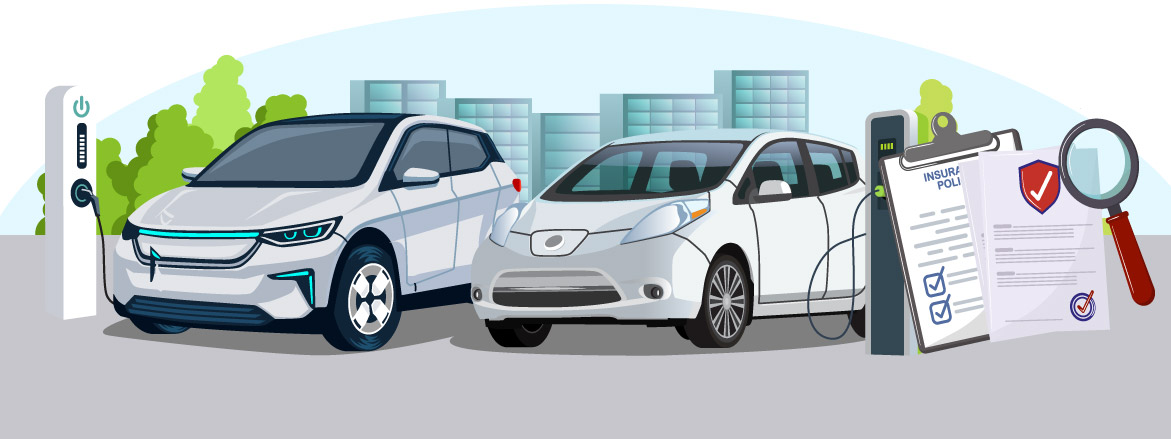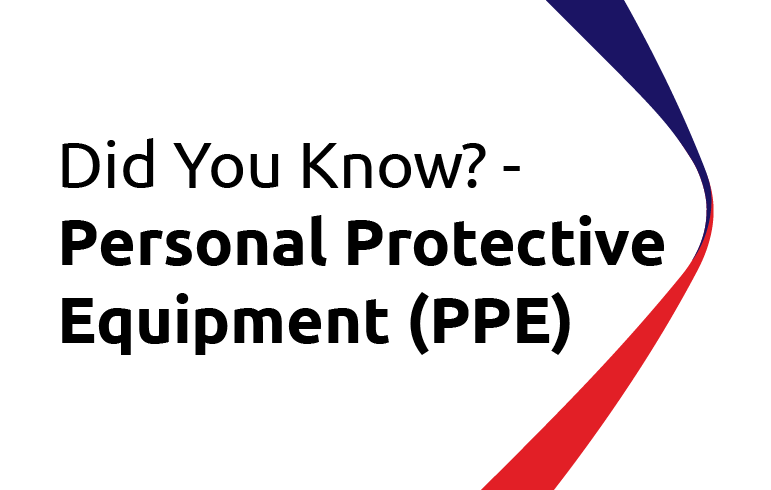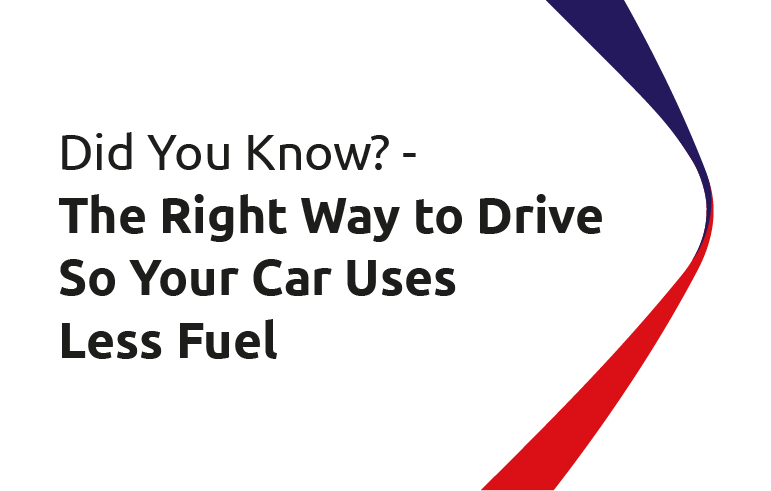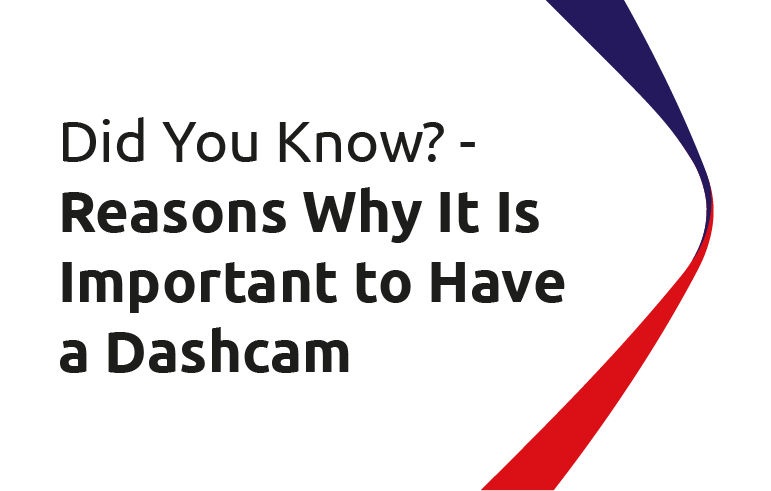Did You Know? - Differences Between EV vs HEV and How to Choose the Right Insurance

According to data from the Central Bureau of Statistics, the growth in the number of vehicles in Indonesia was rapid in 2018, reaching 126.5 million units, with the majority being motorcycles. The public has started shifting to environmentally friendly vehicles such as electric vehicles (EV) and hybrid electric vehicles (HEV) to reduce carbon emissions. Below is a further explanation of these two types of vehicles:
Key Differences
- EV = Fully powered by electricity, with battery charging that can be done at home (using an EV home charger or wallbox charger) or at a Public Electric Vehicle Charging Station (Stasiun Pengisian Kendaraan Listrik Umum/SPKLU).
- HEV = Combines a gasoline engine and an electric motor, with a smaller battery that charges while driving.
Durability and Usage
- EV = Equipped with a large battery with a limited lifespan, though long-term warranties are typically available.
- HEV = Uses a smaller, longer-lasting battery that the fuel-powered engine recharges.
Range and Flexibility
- EV = Has a limited driving range, although this continues to improve with technological advancements.
- HEV = Offers greater flexibility and is suitable for long-distance travel without relying on charging stations.
Important Considerations

As environmentally friendly vehicles become increasingly popular, it is important to consider the right insurance coverage. Insurance products for eco-friendly vehicles should be tailored to these types of vehicles' specific needs and features. Here are several key aspects to consider:
- Battery protection, as it is a vital and costly component (subject to the terms and conditions stated in the policy).
- Fire risk that may arise from the vehicle’s electrical system.
- Authorized workshops capable of servicing electric vehicles.
- Emergency assistance, for example, is available in the event of battery depletion on the road (subject to the terms and conditions stated in the policy).
Hopefully, the above explanation helps you better understand the differences between electric and hybrid vehicles, as well as how to choose the right insurance. If you need assistance or further information regarding claims, please don’t hesitate to contact us at 1500 – 674 (MSI). We will be more than happy to help.



